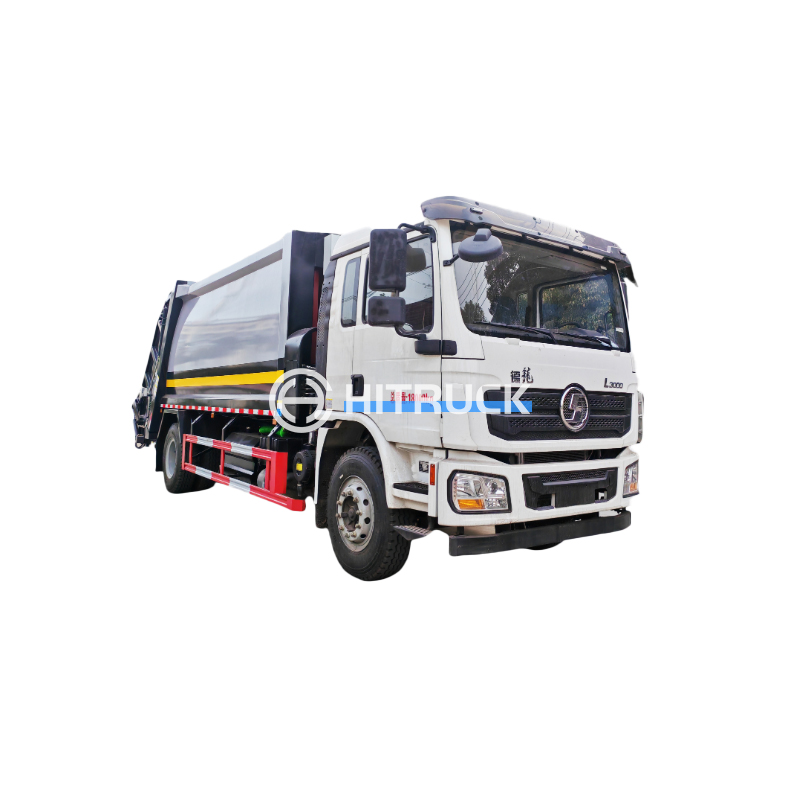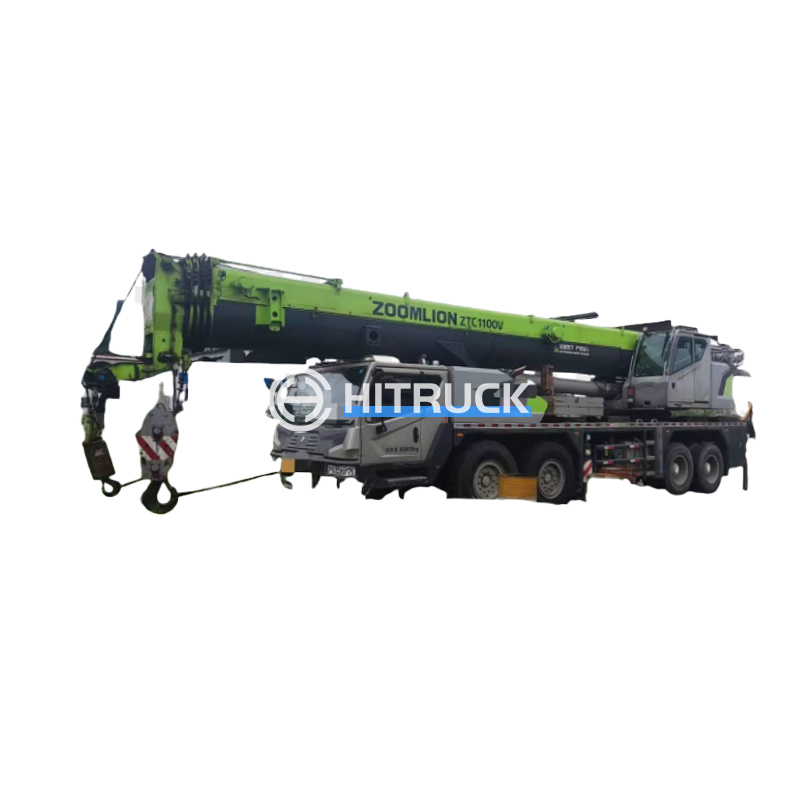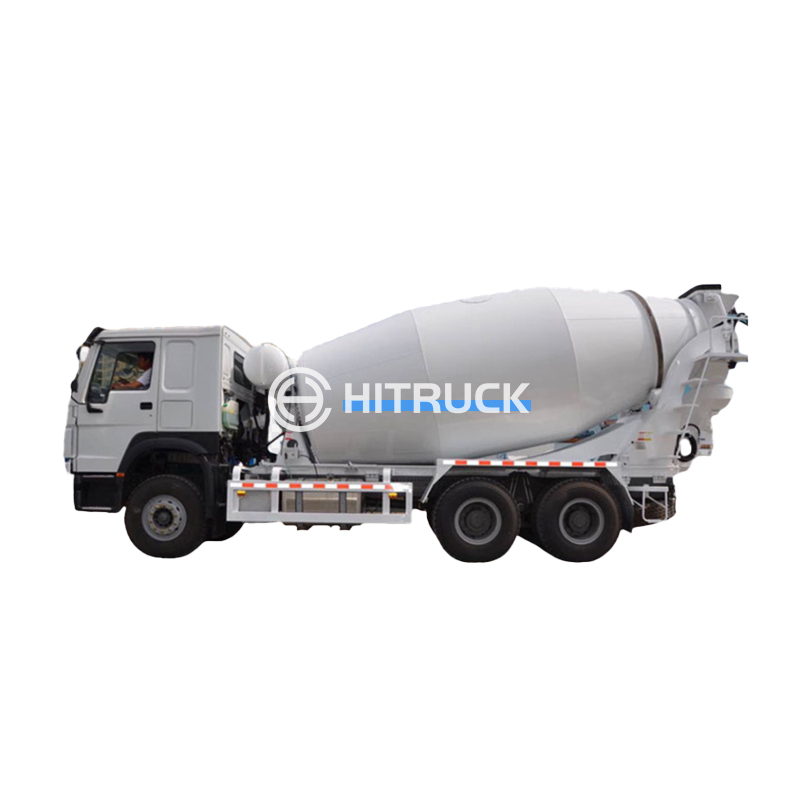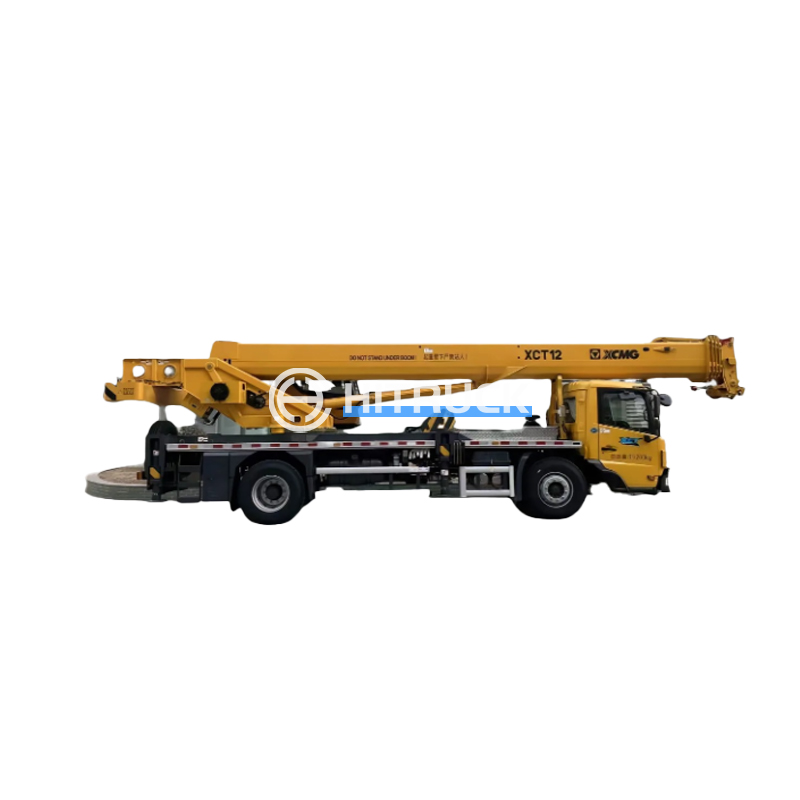This guide provides a detailed overview of 100 ton mobile cranes, covering their capabilities, applications, safety considerations, and key factors to consider when selecting the right crane for your project. We explore various crane types, specifications, maintenance, and cost implications, ensuring you have the knowledge needed to make informed decisions.
A 100 ton mobile crane is a powerful piece of heavy lifting equipment capable of hoisting incredibly heavy loads. These cranes find applications across various industries, including construction, manufacturing, infrastructure projects, and energy sectors. Their versatility allows them to handle a wide range of lifting tasks, from placing prefabricated building components to installing heavy machinery in industrial settings. The lifting capacity of 100 tons makes them ideal for large-scale projects requiring significant lifting power.
Several types of 100 ton mobile cranes exist, each with its own strengths and weaknesses. These include:
Choosing the right type depends on the specific project requirements and site conditions. Factors to consider include ground stability, accessibility, and the nature of the loads being lifted.
The primary specification of a 100 ton mobile crane is its lifting capacity. However, the actual lifting capacity can vary depending on the boom length and configuration, as well as other factors. Reach is another crucial aspect, determining the crane's ability to lift loads at different distances. Always consult the manufacturer's specifications and load charts to ensure safe operation within the crane's capabilities.
Many 100 ton mobile cranes offer various boom configurations, such as telescopic booms, lattice booms, and luffing jibs. These configurations allow for different reach and lifting capacity combinations. Accessories such as winches, hooks, and specialized lifting attachments further enhance the crane's versatility and adaptability to diverse tasks. Consider the required accessories based on the specific lifting needs of your project.
Safety is paramount when operating a 100 ton mobile crane. Modern cranes incorporate several safety features, including load moment indicators (LMIs), anti-two-blocking systems, and emergency shutdown mechanisms. Adherence to all relevant safety regulations and best practices is essential to prevent accidents. Regular inspections and maintenance are crucial to ensure the crane's continued safe operation. Proper training for operators is also mandatory.
Regular maintenance is vital for ensuring the longevity and safe operation of a 100 ton mobile crane. This includes periodic inspections, lubrication, and replacement of worn parts. A well-defined maintenance schedule helps prevent costly breakdowns and ensures the crane remains in optimal working condition. Failure to maintain the crane can lead to significant financial losses and safety hazards.
The cost of owning and operating a 100 ton mobile crane can be significant. Factors contributing to the total cost include the initial purchase price, maintenance expenses, fuel costs, operator salaries, insurance, and potential repair costs. Careful consideration of these factors is essential for budgeting and financial planning. Consult with equipment suppliers like Suizhou Haicang Automobile sales Co., LTD for accurate cost estimates.
Selecting the appropriate 100 ton mobile crane requires careful evaluation of several factors. Consider the specific lifting requirements, site conditions, budget constraints, and long-term operational needs. It's advisable to consult with experienced crane professionals and equipment suppliers to ensure the chosen crane meets all project requirements and safety standards. Remember to always prioritize safety and compliance with industry regulations.
| Crane Type | Lifting Capacity (tons) | Typical Applications |
|---|---|---|
| Rough Terrain | 100 | Construction, mining |
| All Terrain | 100 | Infrastructure projects, industrial plants |
| Crawler | 100 | Heavy lifting, specialized construction |
Disclaimer: This information is for general guidance only. Always consult with qualified professionals and refer to the manufacturer's specifications before operating any heavy lifting equipment.












